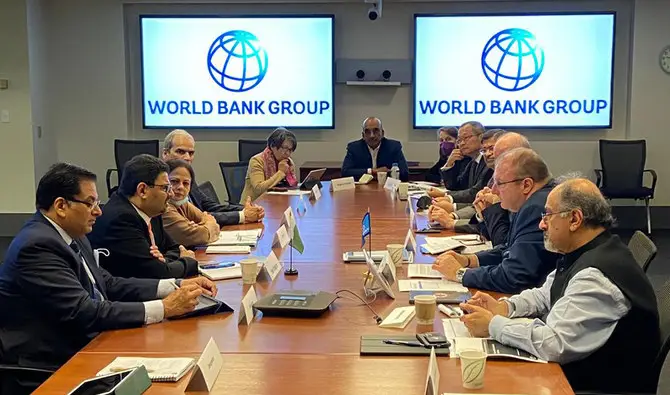The World Bank has announced that it will be cutting funding to Uganda, citing the country’s lack of support for human rights of the minority groups like LGBTQI.
A statement issued by World Bank on Tuesday, August 8, 2023, noted that, further funding is being frozen until authorities in Uganda provide adequate policy to protect minorities, including the lesbian, gay, bisexual, transgender, and other groups commonly categorized as LGBTQI+.
“Uganda’s Anti-Homosexuality Act fundamentally contradicts the World Bank Group’s values. We believe our vision to eradicate poverty on a livable planet can only succeed if it includes everyone irrespective of race, gender, or sexuality,” the World Bank stated.
“This law undermines those efforts. Inclusion and non-discrimination sit at the heart of our work around the world,” the Bank added.
Whereas many think that this is a major blow to Uganda which has been relying on World Bank funding for years, others believe that Uganda will still be able to flourish and develop despite this setback.
Uganda has a long history of resilience. The country has faced many challenges in the past, including a civil war, a devastating drought, an Ebola outbreak, and a recent recovery from Covid-19 which claimed many lives in the world but Uganda managed to register a few deaths. However, through it all, Uganda has always managed to overcome these challenges and emerge stronger.
According to Kenneth Kayondo, a Ph.D. don in Economics, the country has a strong economy, a young and dynamic population, and a government that is committed to development. These factors will help Uganda to weather the storm and continue to grow.
“Uganda has several advantages that will help it to attract investment and development even without World Bank funding. The country is located in a strategic location in East Africa, it has a relatively stable political environment, and it has a growing middle class. These factors make Uganda an attractive destination for businesses and investors,” Kayondo said.
Kayondo added that, though the World Bank funding cut will harm Uganda’s development, the country will be able to overcome this challenge and continue to flourish.
“Uganda has a long history of resilience, and I am confident that the country will continue to grow and develop in the years to come,” he said.
In addition to the factors already mentioned, Uganda also has a strong agricultural sector, a growing tourism industry, and a young and educated population that can create a skilled workforce that can drive economic growth.
Just like Kayondo, many other Ugandans believe that these strengths, combined with Uganda’s history of resilience, will help the country to overcome the World Bank funding cut and continue to flourish and develop.















